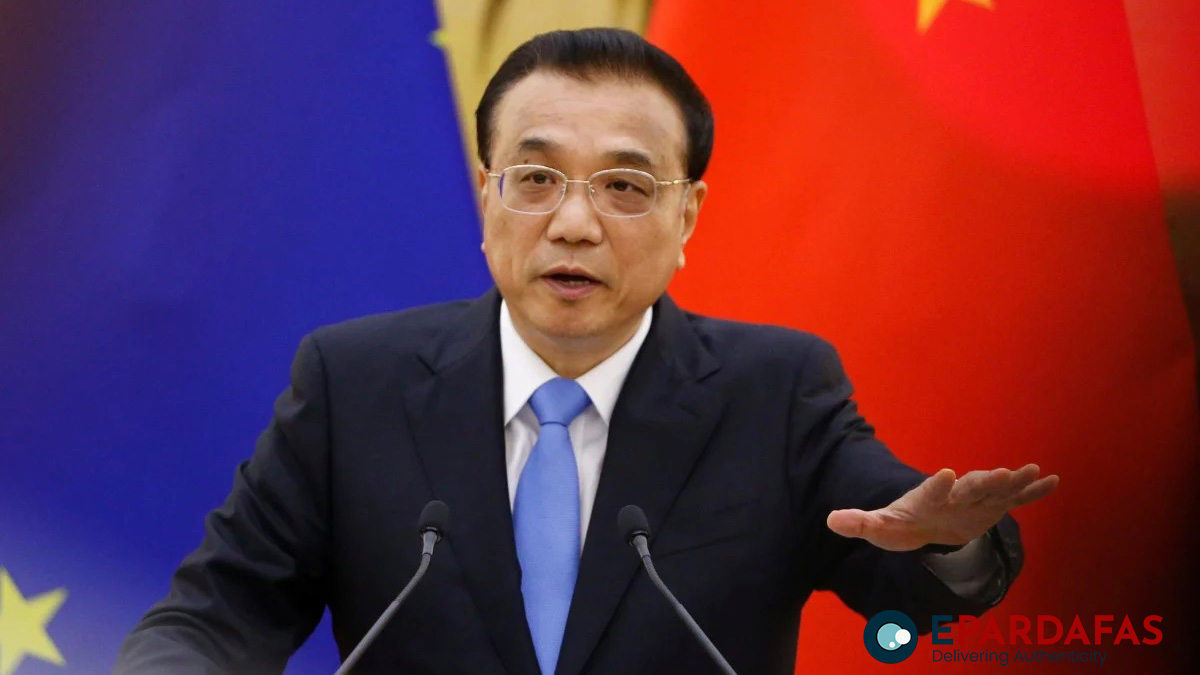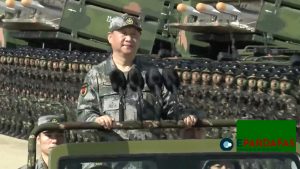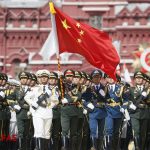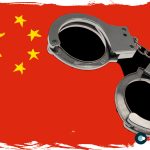
China Vows ‘Firm’ Support for Iran Amid Israel–Hamas Ongoing War
Chinese Premier Li Qiang said that China “resolutely opposes any external interference in Iran’s internal affairs.”
Chinese Premier Li Qiang Pledges Support for Iran in the Israel-Hamas Conflict
Chinese Premier Li Qiang said on Thursday that China would “firmly support” Iran in safeguarding its “state sovereignty, territorial integrity, and national dignity” against the backdrop of the Israel-Hamas conflict.
Mr. Li made the remarks during his meeting with Iran’s first vice president, Mohammad Mokhber, on the sidelines of the Shanghai Cooperation Organization summit in Bishkek, the capital of Kyrgyzstan, on Oct. 26.
He touted the “comprehensive strategic partnership” between China and Iran, saying that the two countries have maintained their bilateral ties for over 50 years despite “the fluctuating international situation.”
Mr. Li reaffirmed China’s support for Iran and said that his country “resolutely opposes any external interference in Iran’s internal affairs,” according to a statement issued by the Chinese Embassy in India.
“The two sides should implement the comprehensive cooperation plan between the two countries, advance Belt and Road cooperation, strengthen mutually beneficial cooperation in various fields and people-to-people and cultural exchanges, including education, culture, tourism, and think tanks, and work for new and sustained achievements in China-Iran cooperation,” it stated.
Mr. Li also pledged to boost coordination with Iran within international organizations, but he made no mention of the escalating tensions in the Middle East, which are fueled by the ongoing Israel-Hamas conflict.
Iran’s Role in Hamas Attack
While there has been no clear evidence that Iran was directly involved in Hamas’ Oct. 7 unprecedented terrorist attacks on Israel, the Islamist regime has consistently been the largest supporter of Hamas.
The day after Hamas launched its surprise attack on Israel, Abu Obaidah, spokesman for Al-Qassem Brigades, the military wing of Hamas, gave credit to Iran for enabling the massacre.
“We thank the Islamic Republic of Iran, who provided us with weapons, money, and other equipment,” he said in a video. “It gave us missiles to destroy Zionist fortresses and helped us with standard anti-tank missiles.”
According to a 2020 report by the U.S. State Department, Hamas and other Palestinian terrorist groups have collectively received up to $100 million per year from Iran.
Hamas leader Ismail Haniyeh told Al-Jazeera last year that Iran paid $70 million to help the group develop missiles and defense systems. He identified Iran as the largest sponsor, though he said other countries give it money too.
China Providing Iran With Infrastructure Investments
Meanwhile, the Chinese Communist Party (CCP) has refrained from condemning Hamas’ deadly attack on Israel, with Chinese Foreign Minister Wang Yi calling the conflict a “major choice between war and peace” on Oct. 24.
Gabriel Noronha, a fellow at the Jewish Institute for National Security of America think tank, said the CCP “has provided an economic lifeline” to Iran by purchasing an estimated $30 billion worth of crude oil from Iran last year and “is set to purchase even more in 2023.”
The effort, he said, is vital to Iran’s efforts to insulate itself from the effects of United States-led sanctions.
“The Iranian regime is seeking to isolate itself from United States and Western sanctions by deepening economic ties with Russia and China,” Mr. Noronha said in his written testimony to the House Financial Services Committee on Oct. 26.
According to Mr. Noronha, Iran has supplied more than $20 billion to support foreign terror groups in the Middle East and provides Hamas with around 93 percent of its military budget.
Much of that money flows from oil sales to China. A 2022 report found that China began importing record numbers of Iranian oil after international sanctions were imposed.
The regime stopped publishing data about its imports of Iranian oil in mid-2022. Still, one intelligence report suggests that China is now importing oil at a 10-year high rate, according to Bloomberg.















Comments